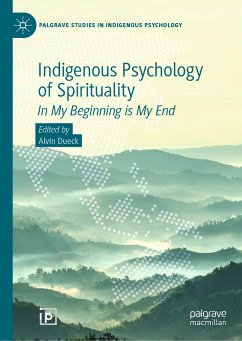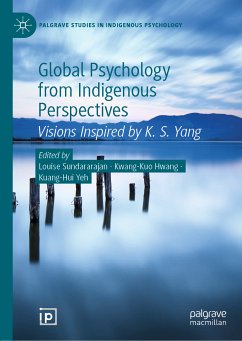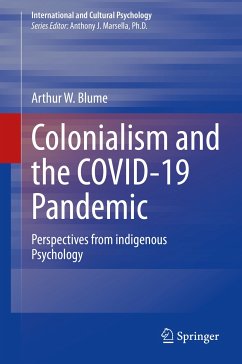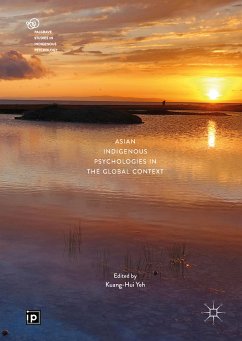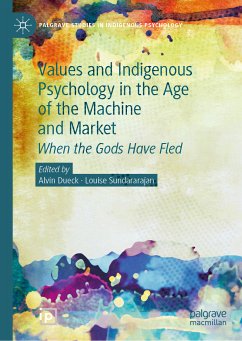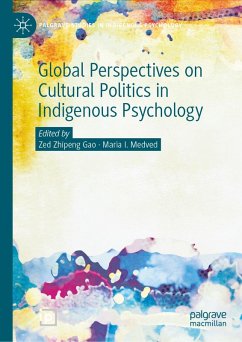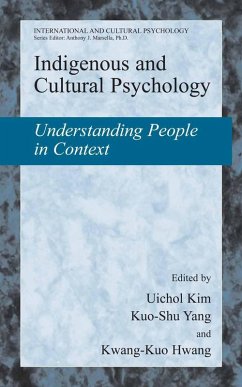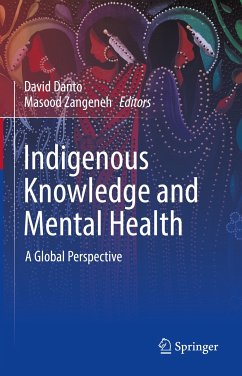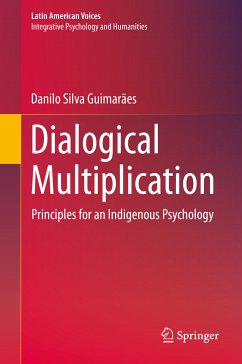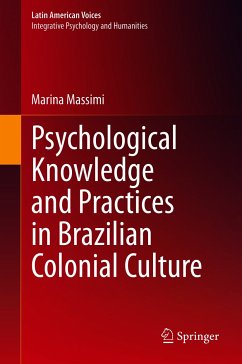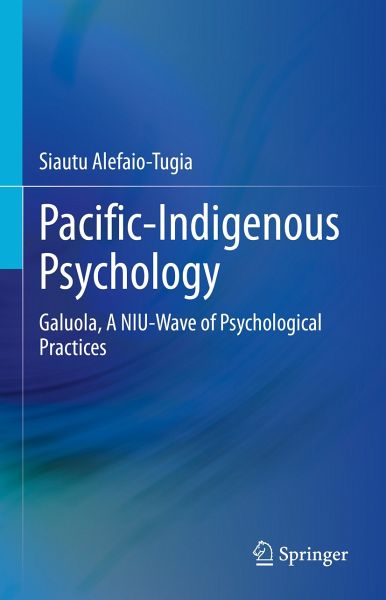
Pacific-Indigenous Psychology (eBook, PDF)
Galuola, A NIU-Wave of Psychological Practices
Versandkostenfrei!
Sofort per Download lieferbar
96,95 €
inkl. MwSt.
Weitere Ausgaben:

PAYBACK Punkte
48 °P sammeln!
This book provides an overview of Pacific-Indigenous knowledge as insights of Oceanic citizen-science to inform culturally-safe practice for psychology. It profiles contemporary Pacific needs in areas of crisis such as family violence, education disparities and health inequities, and points to ancient Pacific-indigenous knowledges as tools of healing for global diasporic communities in need. The historical evolution of psychology's knowledge base and practice illustrates a fundamental crisis in the method of producing knowledge for psychology - the absence of Pacific-indigenous cultural knowle...
This book provides an overview of Pacific-Indigenous knowledge as insights of Oceanic citizen-science to inform culturally-safe practice for psychology. It profiles contemporary Pacific needs in areas of crisis such as family violence, education disparities and health inequities, and points to ancient Pacific-indigenous knowledges as tools of healing for global diasporic communities in need. The historical evolution of psychology's knowledge base and practice illustrates a fundamental crisis in the method of producing knowledge for psychology - the absence of Pacific-indigenous cultural knowledge. It suggests more effective research methodologies grounded in Pacific-Indigenous epistemologies and ontologies for psychology and overall community capability. It fosters practice perspectives and strategies based on NIU-psychology (New Indigenous Understandings) for innovative solutions to modern-day crises of humanity.
Dieser Download kann aus rechtlichen Gründen nur mit Rechnungsadresse in A, B, BG, CY, CZ, D, DK, EW, E, FIN, F, GR, HR, H, IRL, I, LT, L, LR, M, NL, PL, P, R, S, SLO, SK ausgeliefert werden.



